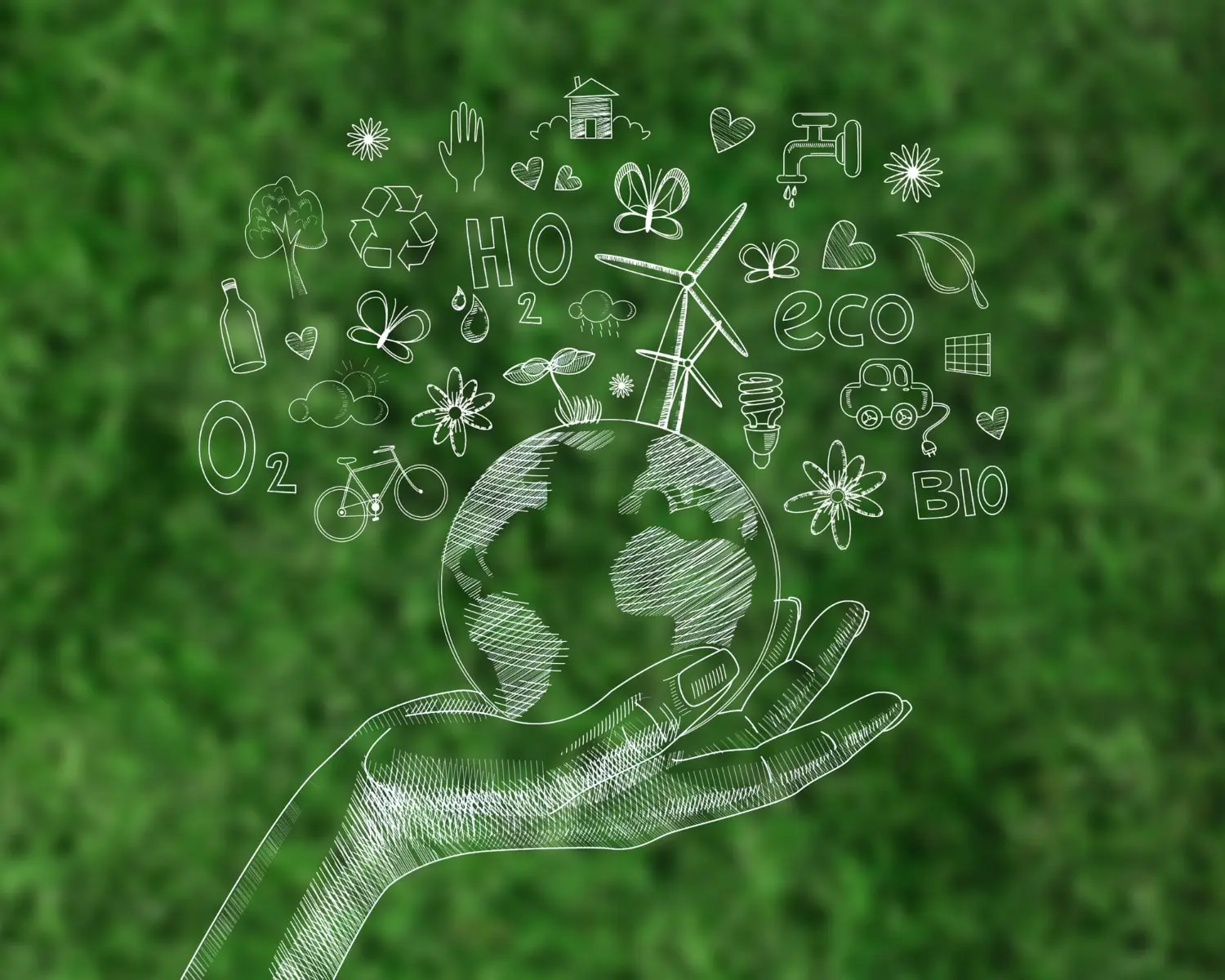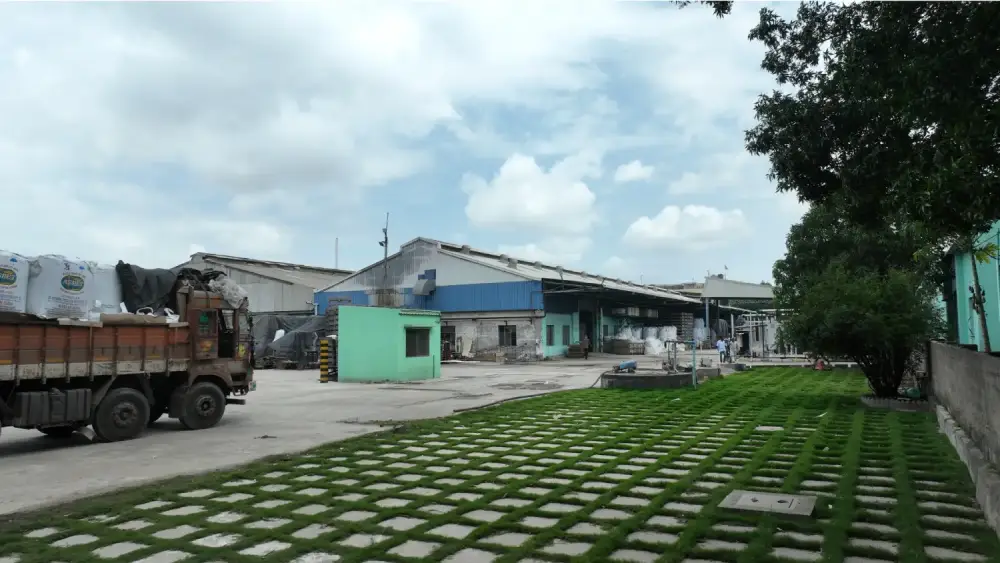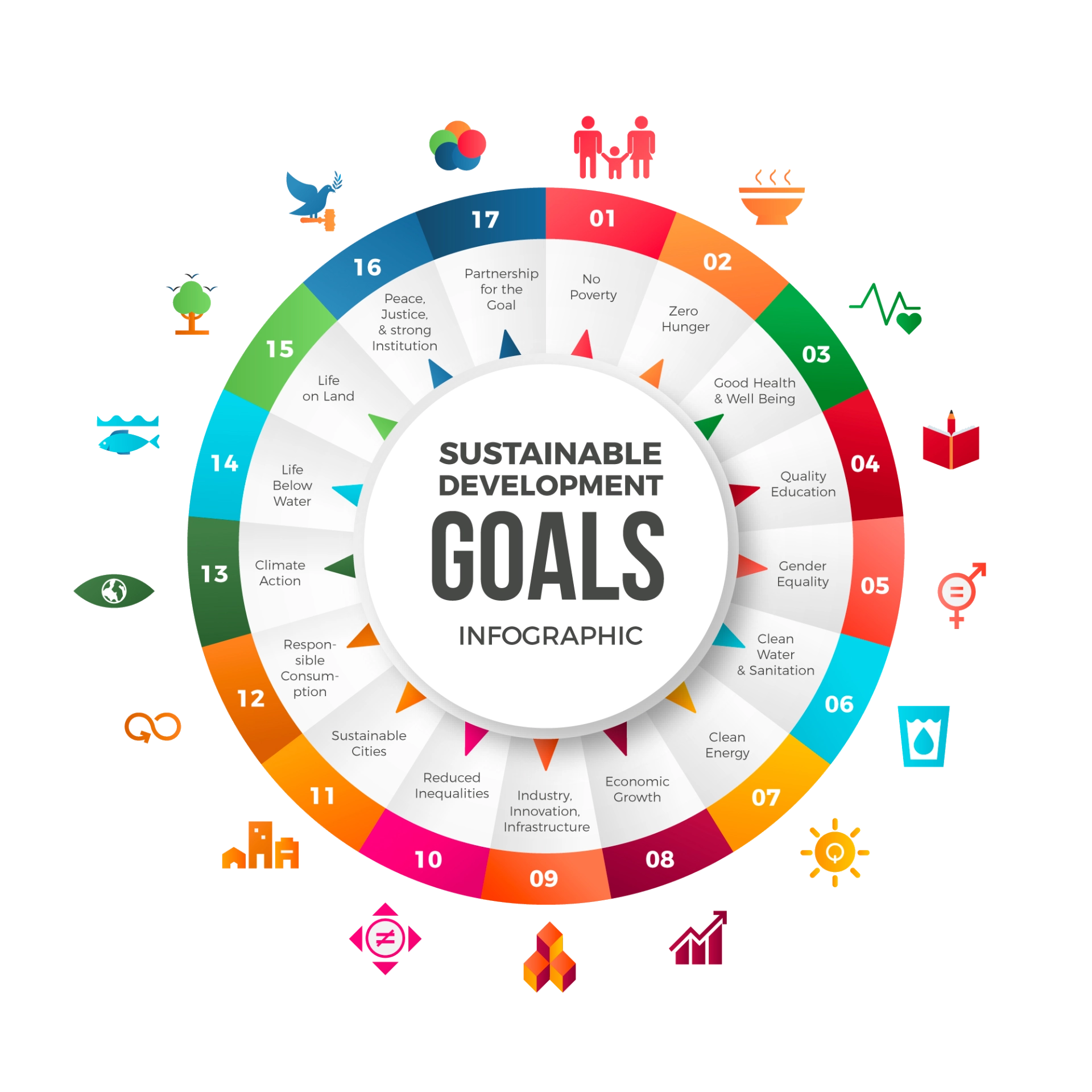

At SNJ Synthetics, sustainability is not an initiative—it’s a responsibility we embrace across every facet of our operations.
We are actively integrating clean energy solutions and efficiency measures into our +200,000 sq. ft. manufacturing facility, including the use of renewable solar power. Our solar energy systems significantly reduce CO₂ emissions, aligning with global best practices in sustainable manufacturing—where large-scale solar installations have been shown to offset millions of pounds of carbon annually. SNJ is proudly following this path with its own growing solar infrastructure.
In parallel, we incorporate post-consumer recycled (PCR) resin into our products wherever possible, reducing dependency on virgin materials and supporting a circular economy. Our engineering team also continually optimizes product designs to minimize material use—right-sizing bottles, caps, and components to reduce plastic consumption without compromising quality or performance.
Through lightweighting, smart design, and investment in energy-efficient machinery, we strive to reduce waste and environmental impact at every step. Our unwavering commitment to sustainability is reflected in everything we do—from clean energy and recycled content to thoughtful innovation that shapes a cleaner future.
SNJ is committed to reducing its environmental impact through the use of clean energy. We harness solar power and other renewable sources across our facilities to minimize reliance on grid electricity, lower fossil fuel consumption, and cut emissions. These investments mark a major step toward our long-term goal of becoming a carbon-conscious and sustainable enterprise.
We prioritize circularity by incorporating post-consumer recycled (PCR) PET wherever possible. By using recycled materials in our preforms and jars, we help divert plastic waste from landfills, reduce dependency on virgin resin, and support a more sustainable packaging lifecycle.
Our operations are designed for optimal efficiency with minimal resource use. From upgrading to energy-efficient machinery to engineering lightweight product designs, SNJ continuously strives to reduce material and energy consumption without compromising on quality—reinforcing our commitment to smarter, sustainable manufacturing.

At SNJ Synthetics, we believe true sustainability begins with our people and the communities we serve.
We are committed to maintaining a safe, inclusive, and empowering work environment where every employee can thrive. Our workplace policies reflect the standards of industry leaders—prioritizing health, safety, and continuous growth. Through rigorous safety protocols, proactive training, and zero-tolerance policies on discrimination and harassment, we foster a culture of respect, accountability, and well-being.
At SNJ, we actively promote a diverse and inclusive workplace. We equip our teams with training on unconscious bias and foster a culture that embraces different perspectives—ensuring that every voice is heard and valued.
Our responsibility goes beyond the factory floor. SNJ supports local communities through charitable initiatives such as food drives, education programs, and disaster relief efforts—strengthening lives and building lasting impact.
We believe in empowering our people. SNJ invests in continuous learning through technical and leadership training programs, helping our employees grow, innovate, and thrive in their careers.


SNJ’s shift to solar and renewables supports sustainable energy for all. We reduce fossil fuel use and emissions by powering operations with rooftop solar, fulfilling SDG 7’s call for clean energy.
We promote secure, equitable jobs and worker wellbeing. SNJ’s zero-tolerance safety and harassment policies, inclusive hiring, and career development programs reflect SDG 8’s aim of decent, inclusive work for all.
SNJ invests in sustainable manufacturing and R&D. By developing innovative, recyclable packaging and upgrading facilities, we strengthen resilient industrial infrastructure and sustainable industrialization.
Our circular packaging commitment embodies this goal. SNJ’s use of recycled materials and design-for-recyclability ensures responsible production – we minimize waste and keep materials in use as long as possible.
SNJ takes action on climate change by cutting greenhouse gases. Through energy efficiency, solar power, and waste reduction, we lower CO₂ emissions, aligning with SDG 13’s mandate to combat climate change.
Our state-of-the-art facility is equipped with energy-efficient machinery and advanced water recycling systems, minimizing environmental impact without compromising productivity. Additionally, all PET scrap generated is responsibly diverted to certified recyclers, ensuring zero landfill contribution.
While glass and aluminum are often perceived as more “eco-friendly,” a full life cycle analysis (LCA) reveals that PET bottles—especially those made from recycled PET—actually have a significantly lower carbon footprint. This advantage stems from their low energy requirements in both production and transportation, high recyclability when properly managed, and the ability to be lightweighted without compromising functionality. By investing in efficient recycling systems, promoting consumer awareness, and increasing the use of rPET, PET bottles can emerge as the most sustainable and scalable packaging solution available today.
Official statistics highlight India’s remarkable PET recycling performance, with approximately 95% of PET bottles recycled annually—the highest in the world. Studied by the National Chemical Laboratory (NCL), this figure includes recyclables managed both formally and informally: around 65% through registered facilities, 15% via the unorganised sector, and 10% being reused at homes
Recycled PET plays a key role in advancing a circular economy by extending the life of plastic through a wide range of practical uses. It is commonly used to manufacture new bottles and jars, food packaging trays, textiles and garments, carpets, automotive interiors, industrial strapping, insulation materials, household items, and even 3D printing filament. These diverse applications help reduce reliance on virgin plastic, conserve natural resources, and significantly lower greenhouse gas emissions.
India’s annual per capita plastic consumption is significantly lower than that of developed countries. In India, the average person uses about 11–13 kg of plastic per year, while in developed economies consumption ranges much higher: around 94 kg in North America, 85 kg in Europe, and 255 kg in the U.S. . This demonstrates that, despite its massive population and environmental challenges, India’s per person plastic use is relatively restrained—though continued growth means sustainable waste management remains critical.
Join us to experience cutting-edge industrial solutions that drive innovation, lasting success.

Copyright © 2024 All Rights Reserved.